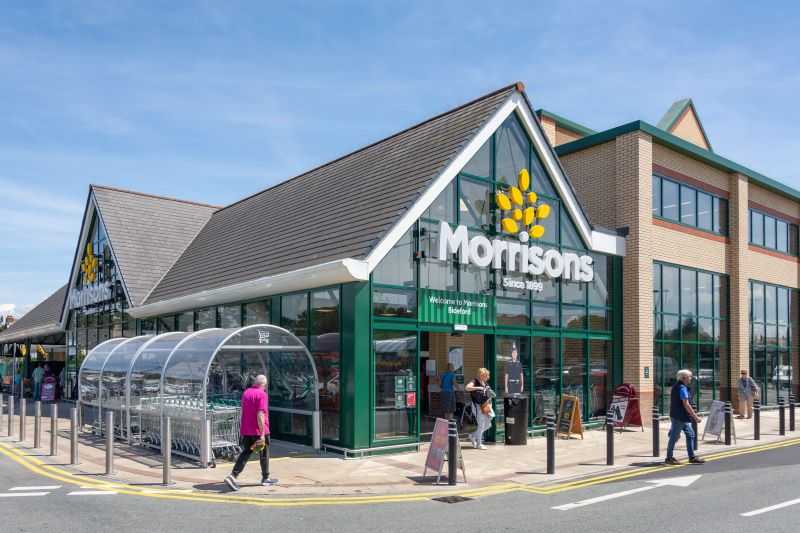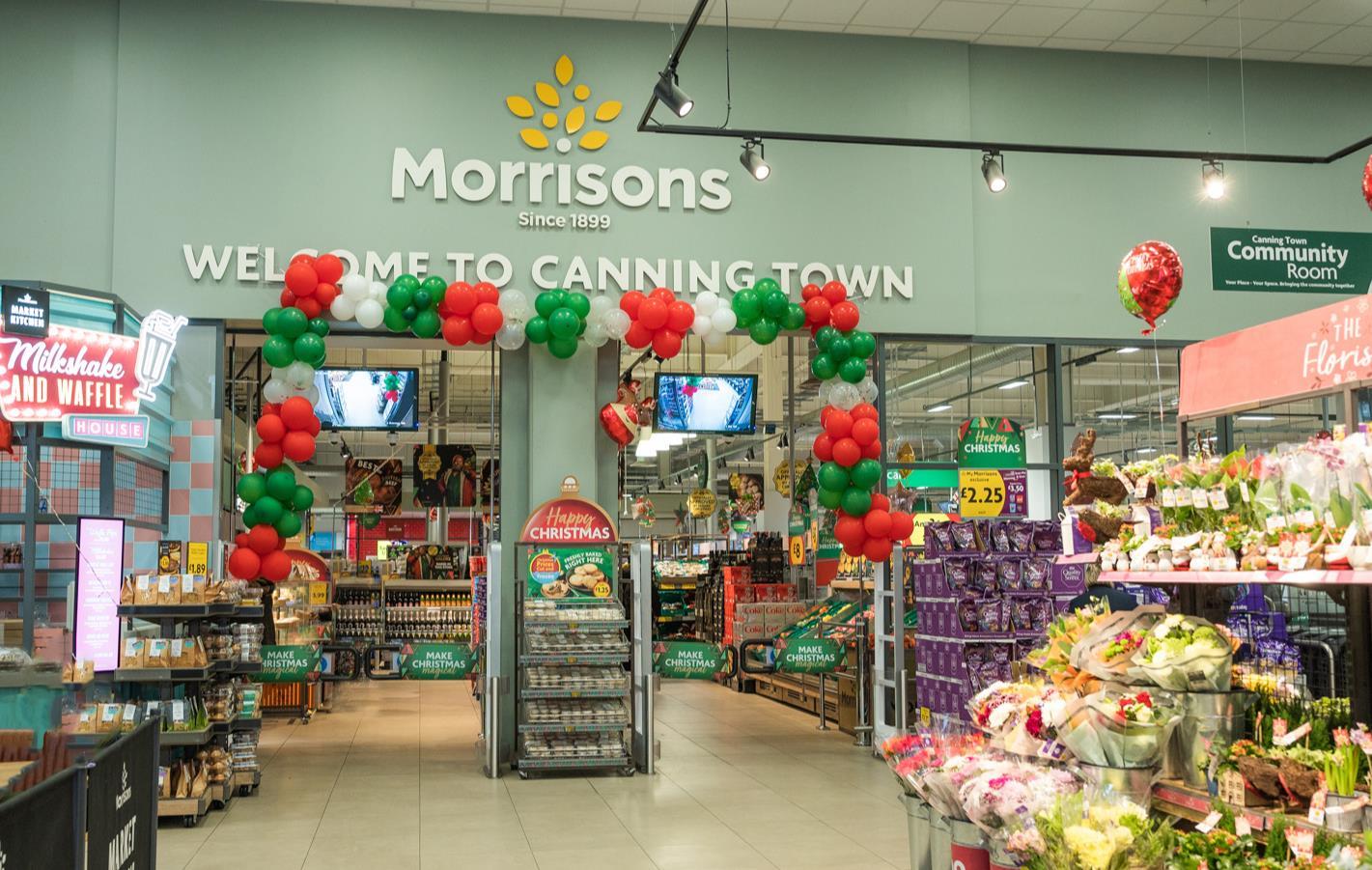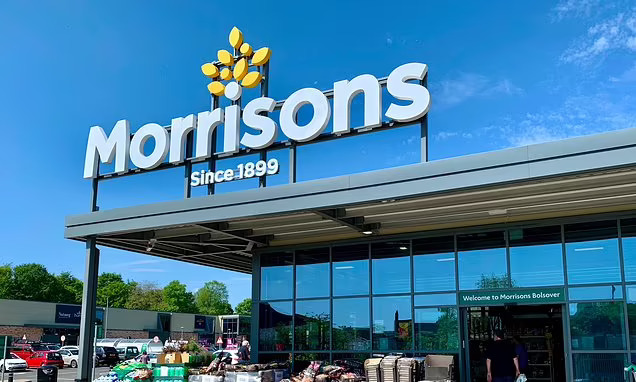Morrisons' Comprehensive Marketing Strategy: Balancing Tradition with Innovation for Sustainable Growth
Morrisons, one of the UK’s largest supermarket chains, has established a strong presence in the retail sector through a combination of innovative marketing strategies, customer-centric initiatives, and a commitment to quality and value. This article delves into the key components of Morrisons' marketing strategy, exploring how the company leverages various tactics to maintain its competitive edge and foster customer loyalty.
Brand Positioning and Identity
Morrisons positions itself as a value-for-money retailer that offers high-quality products. Its brand identity is built around the promise of freshness, affordability, and excellent customer service. Morrisons emphasizes its unique selling proposition of being the only major UK supermarket chain to own its own food processing sites and abattoirs, which ensures greater control over the quality and supply chain of its fresh products. This vertical integration is a cornerstone of its marketing message, highlighting freshness and traceability as key differentiators.
Customer Loyalty Programs

Customer retention and loyalty are critical aspects of Morrisons’ marketing strategy. The Morrisons More loyalty program is designed to reward regular customers with points that can be redeemed for discounts on future purchases. Additionally, the program offers personalized offers based on shopping habits, enhancing the shopping experience by making it more relevant and engaging for customers. This targeted approach not only incentivizes repeat business but also fosters a deeper connection between the brand and its customers.
Digital Transformation and E-commerce
Morrisons has embraced digital transformation to stay competitive in the rapidly evolving retail landscape. The company has invested significantly in its online platform, ensuring a seamless and user-friendly shopping experience. During the COVID-19 pandemic, Morrisons expanded its home delivery and click-and-collect services to cater to the increased demand for online grocery shopping. Collaborations with third-party platforms like Amazon Prime Now have further extended Morrisons' reach, allowing it to tap into a broader customer base.
In-Store Experience

Despite the growing importance of e-commerce, Morrisons continues to prioritize the in-store shopping experience. The supermarket chain is known for its Market Street concept, where customers can find fresh produce, bakery items, meat, and fish, all sourced and prepared on-site. This marketplace-style layout not only enhances the aesthetic appeal of the stores but also reinforces Morrisons' commitment to freshness and quality. The tactile and sensory experience of Market Street differentiates Morrisons from competitors, making it a destination for shoppers seeking fresh and locally-sourced products.
Sustainability and Corporate Social Responsibility (CSR)
Sustainability and CSR are integral to Morrisons’ marketing strategy. The company has set ambitious targets to reduce its environmental impact, including pledges to reduce plastic usage, cut carbon emissions, and source products sustainably. Morrisons has also launched various initiatives to support local communities, such as donating unsold food to charities and implementing programs to help local farmers. These efforts resonate with increasingly eco-conscious consumers and enhance the company’s brand image as a responsible and ethical retailer.
Promotional Strategies
Morrisons employs a mix of traditional and digital promotional strategies to attract and retain customers. Regular promotions, such as price cuts, multi-buy offers, and seasonal discounts, are widely advertised through television, radio, print media, and digital channels. The company also leverages social media platforms to engage with customers, share updates, and promote special offers. Influencer collaborations and user-generated content are other tactics Morrisons uses to boost its online presence and create a sense of community around its brand.
Product Innovation and Private Label Brands
Innovation in product offerings is another key component of Morrisons’ marketing strategy. The company continually expands its product range to meet changing consumer preferences and dietary trends. Morrisons’ private label brands, such as The Best and Morrisons Savers, cater to different market segments by offering premium and budget-friendly options, respectively. The emphasis on private labels helps the company differentiate itself from competitors while providing customers with a variety of choices that suit their needs and budgets.
Local Sourcing and Community Engagement

Morrisons' commitment to local sourcing is a significant aspect of its marketing strategy. By partnering with local farmers and suppliers, the company ensures a steady supply of fresh and high-quality products. This approach not only supports local economies but also appeals to consumers who prefer to buy locally-sourced products. Community engagement initiatives, such as sponsoring local events and supporting local charities, further strengthen Morrisons' ties with the communities it serves, fostering goodwill and brand loyalty.
Pricing Strategy
Morrisons adopts a competitive pricing strategy to attract price-sensitive customers. The company regularly monitors and adjusts its prices to ensure they remain competitive in the market. Price-matching initiatives, such as the Morrisons Price Match & More program, guarantee customers the best value for their money by matching prices with those of major competitors. This focus on affordability is a key driver of Morrisons’ appeal, particularly among budget-conscious shoppers.
Advertising and Media Presence

Advertising plays a crucial role in Morrisons' marketing strategy. The company invests heavily in multimedia advertising campaigns to reinforce its brand message and promote its offerings. Television commercials, often featuring celebrity endorsements, highlight the quality and value of Morrisons' products. Print and digital advertisements complement these efforts by reaching a wider audience and providing detailed information about promotions and new product launches. Social media advertising, including targeted ads and sponsored content, further amplifies Morrisons’ reach and engagement with its customer base.
Data-Driven Marketing
Morrisons utilizes data-driven marketing to personalize the customer experience and optimize its marketing efforts. By analyzing customer data, the company can identify shopping patterns, preferences, and trends. This information is used to tailor marketing campaigns, product recommendations, and promotional offers to individual customers. Data-driven insights also help Morrisons streamline its operations, improve inventory management, and enhance overall customer satisfaction.
Conclusion

Morrisons' marketing strategy is a comprehensive blend of customer-centric initiatives, digital innovation, and a strong commitment to quality and sustainability. By focusing on brand positioning, customer loyalty, e-commerce, in-store experience, and community engagement, Morrisons has successfully differentiated itself in a competitive retail market. The company’s ability to adapt to changing consumer preferences and leverage data-driven insights further strengthens its position as a leading supermarket chain in the UK. Through continuous innovation and a steadfast dedication to its core values, Morrisons continues to build a loyal customer base and drive sustainable growth.


